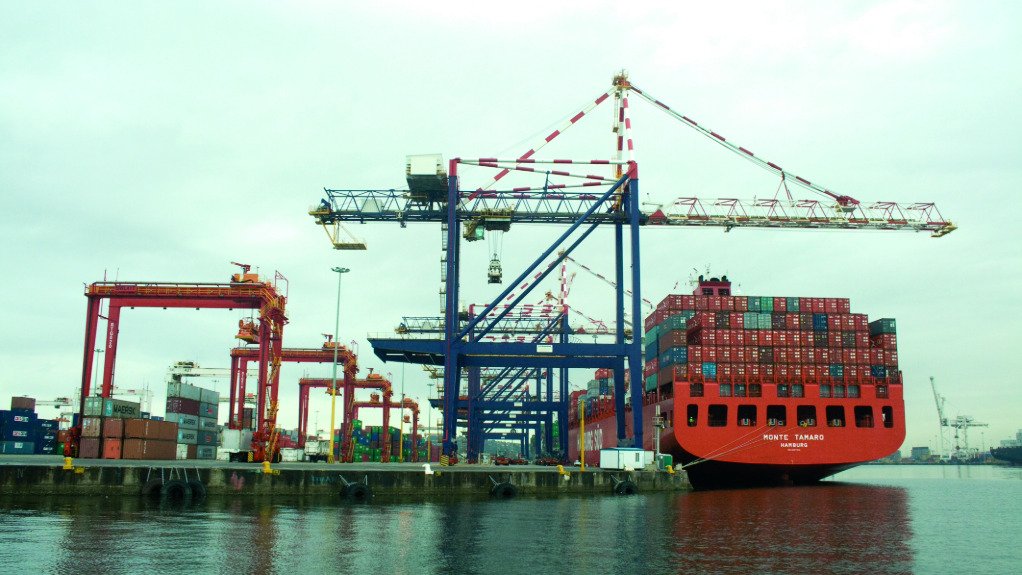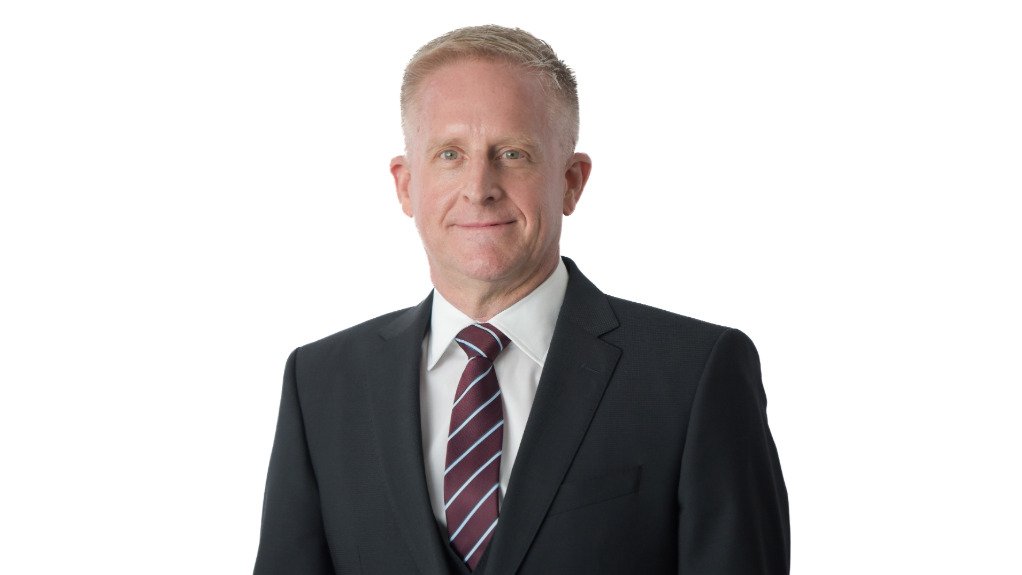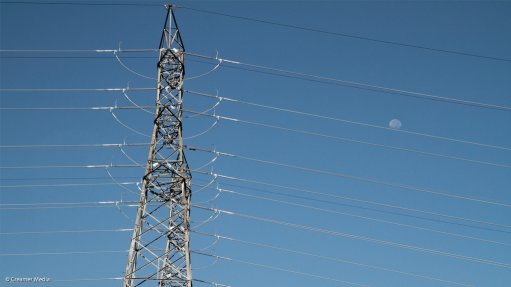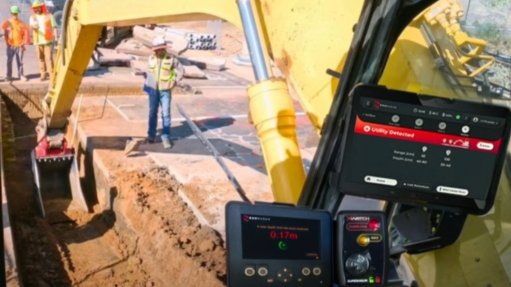PPPs integral to reducing port inefficiencies



COLLABORATIVE APPROACH Increased stakeholder collaboration is viewed as a necessary step in addressing the country's port challenges
GAVIN FITZMAURICE We remain hopeful that a successful collaboration between Transnet and its chosen private partner will form once the legal dispute with integrated logistics company A.P Moller-Maersk has been resolved
Public–private partnerships (PPPs) are vital to reduce inefficiencies at South Africa’s port terminals and drive down operating costs so that businesses and consumers can benefit, highlights law firm Webber Wentzel.
Consequently, role-players in the sector are frustrated with delays in finalising the privatisation of these terminals.
Webber Wentzel shipping, marine insurance and transport partner Gavin Fitzmaurice explains that the country’s ports are heavily focused on establishing partnerships with the private sector, locally and internationally. These partnerships can potentially exponentially increase investment in infrastructure and fund the necessary upgrades, as well as ensure continuous maintenance and improvement of harbour infrastructure.
He highlights that port operators appreciate the need to prioritise significant investment in infrastructure and equipment to meaningfully address capacity constraints and congestion, following decades of minimal investment in these critical resources.
The local maritime industry is also actively trying to regain the confidence of stakeholders and international markets by collaborating with government to improve policy and legislation.
Congestion Challenges
Ongoing port congestion in South Africa is significantly eroding confidence in its ports, which will continue to diminish the sector’s already vulnerable market share, says Fitzmaurice.
Inefficiencies at the operations of State-owned rail and port operator Transnet Port Terminals are the primary cause of congestion; however, ensuring that terminals operate at optimum capacity by improving infrastructure is also a key concern.
In addition to maintaining the existing infrastructure, the ports require general upgrading such as expanding berths, increasing storage facility capacity, upgrading of handling equipment and improved container terminal operations.
Addressing both factors will improve operational functionality and accelerate turnaround times.
“We remain hopeful that a successful collaboration between Transnet and its chosen private partner will form once the legal dispute with integrated logistics company A.P Moller-Maersk has been resolved,” he explains.
Currently, cargo traffic is heavily disrupted, with imports and exports often getting delayed and leading to slower operations for various industries, resulting in lower handling volumes for containerised cargo and substantial economic losses, Fitzmaurice says.
The greatest disadvantage is that the higher costs associated with congestion, such as warehousing, demurrage and potential re-routing, are eventually passed down to consumers, he adds.
Legal Perspective
Fitzmaurice explains that navigating the maritime industry requires a strategic and proactive approach and that the law firm prioritises continuous research and monitoring of changes in maritime law and regulations.
“Further, the members of our shipping team are active participants in the industry alliance the Maritime Law Association of South Africa (MLASA), a collaborative space where members from different organisations work together to align South Africa’s maritime legislation with global standards,” he says.
The MLASA also plays a key role in facilitating industry and government collaboration to resolve maritime issues.
Article Enquiry
Email Article
Save Article
Feedback
To advertise email advertising@creamermedia.co.za or click here
Press Office
Announcements
What's On
Subscribe to improve your user experience...
Option 1 (equivalent of R125 a month):
Receive a weekly copy of Creamer Media's Engineering News & Mining Weekly magazine
(print copy for those in South Africa and e-magazine for those outside of South Africa)
Receive daily email newsletters
Access to full search results
Access archive of magazine back copies
Access to Projects in Progress
Access to ONE Research Report of your choice in PDF format
Option 2 (equivalent of R375 a month):
All benefits from Option 1
PLUS
Access to Creamer Media's Research Channel Africa for ALL Research Reports, in PDF format, on various industrial and mining sectors
including Electricity; Water; Energy Transition; Hydrogen; Roads, Rail and Ports; Coal; Gold; Platinum; Battery Metals; etc.
Already a subscriber?
Forgotten your password?
Receive weekly copy of Creamer Media's Engineering News & Mining Weekly magazine (print copy for those in South Africa and e-magazine for those outside of South Africa)
➕
Recieve daily email newsletters
➕
Access to full search results
➕
Access archive of magazine back copies
➕
Access to Projects in Progress
➕
Access to ONE Research Report of your choice in PDF format
RESEARCH CHANNEL AFRICA
R4500 (equivalent of R375 a month)
SUBSCRIBEAll benefits from Option 1
➕
Access to Creamer Media's Research Channel Africa for ALL Research Reports on various industrial and mining sectors, in PDF format, including on:
Electricity
➕
Water
➕
Energy Transition
➕
Hydrogen
➕
Roads, Rail and Ports
➕
Coal
➕
Gold
➕
Platinum
➕
Battery Metals
➕
etc.
Receive all benefits from Option 1 or Option 2 delivered to numerous people at your company
➕
Multiple User names and Passwords for simultaneous log-ins
➕
Intranet integration access to all in your organisation



















